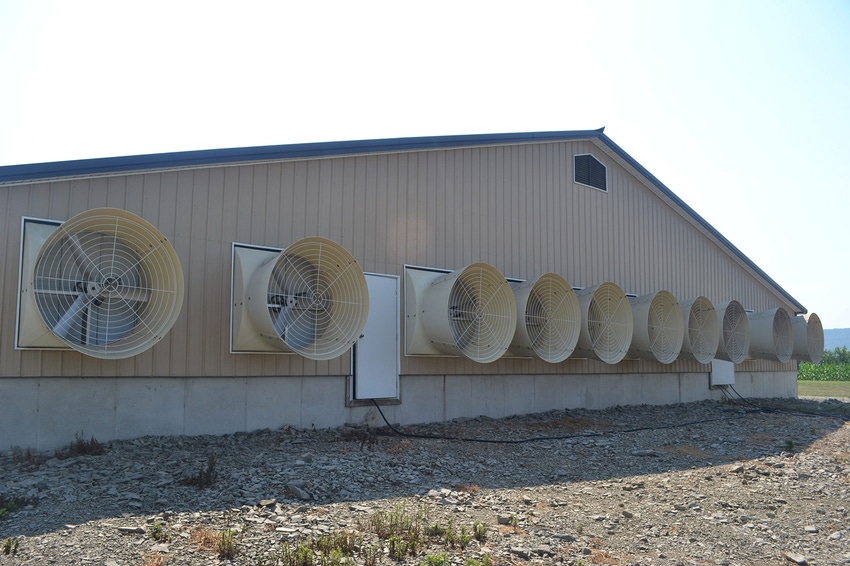Final EPA rule exempts farms from emissions reporting
EPA’s new rule exempts farmers from having to make reports to state and local first responders under the federal Emergency Planning and Community Right-to-Know Act that they have “hazardous” emissions on their farms.
June 4, 2019

The National Pork Producers Council applauds the U.S. Environmental Protection Agency for finalizing its rule today exempting livestock farmers from reporting to state and local authorities the routine emissions from their farms.
“Today’s rule is the final piece in the implementation of the FARM (Fair Agricultural Reporting Method) Act, which passed Congress with overwhelming bipartisan support last year and eliminated the need for livestock farmers to estimate and report to the federal government emissions from the natural breakdown of manure,” says NPPC President David Herring, a pork producer from Lillington, N.C. “That bipartisan measure was approved because it was unnecessary and impractical for farmers to waste time and resources alerting government agencies that there are livestock on farms.”
The FARM Act fixed a problem created in April 2017 when a U.S. Court of Appeals rejected a 2008 EPA rule that exempted farmers from reporting routine farm emissions under the Comprehensive Environmental Response, Compensation and Liability Act. Commonly known as the “Superfund Law,” CERCLA is used primarily to clean hazardous waste sites but also includes a mandatory federal reporting component.
The appeals court ruling would have forced tens of thousands of livestock farmers to “guesstimate” and report the emissions from manure on their farms to the U.S. Coast Guard’s National Response Center and subjected them to citizen lawsuits from activist groups.
EPA’s new rule exempts farmers from having to make reports to state and local first responders under the federal Emergency Planning and Community Right-to-Know Act — an adjunct to CERCLA — that they have “hazardous” emissions on their farms. The state and local first responders have been clear that they consider these reports unnecessary and burdensome. Instead, they prefer open lines of communication and information sharing at the local level with farmers, something the U.S. pork industry is already undertaking. In many communities, U.S. pork producers are also local fire chiefs or members of the fire department. Additionally, the U.S. pork industry has already changed its industry best practices through the Pork Quality Assurance Plus program to encourage producers to engage with local first responders and create open lines of communication.
“The pork industry wants regulations that are practical and effective but applying CERCLA and EPCRA to livestock farms is neither,” Herring says. “Pork producers are very strong stewards of the environment and have taken many actions over the years to protect it. We applaud President Trump for relieving America’s farmers from filing these unnecessary reports.”
Source: National Pork Producers Council, which is solely responsible for the information provided, and wholly owns the information. Informa Business Media and all its subsidiaries are not responsible for any of the content contained in this information asset.
About the Author(s)
You May Also Like



